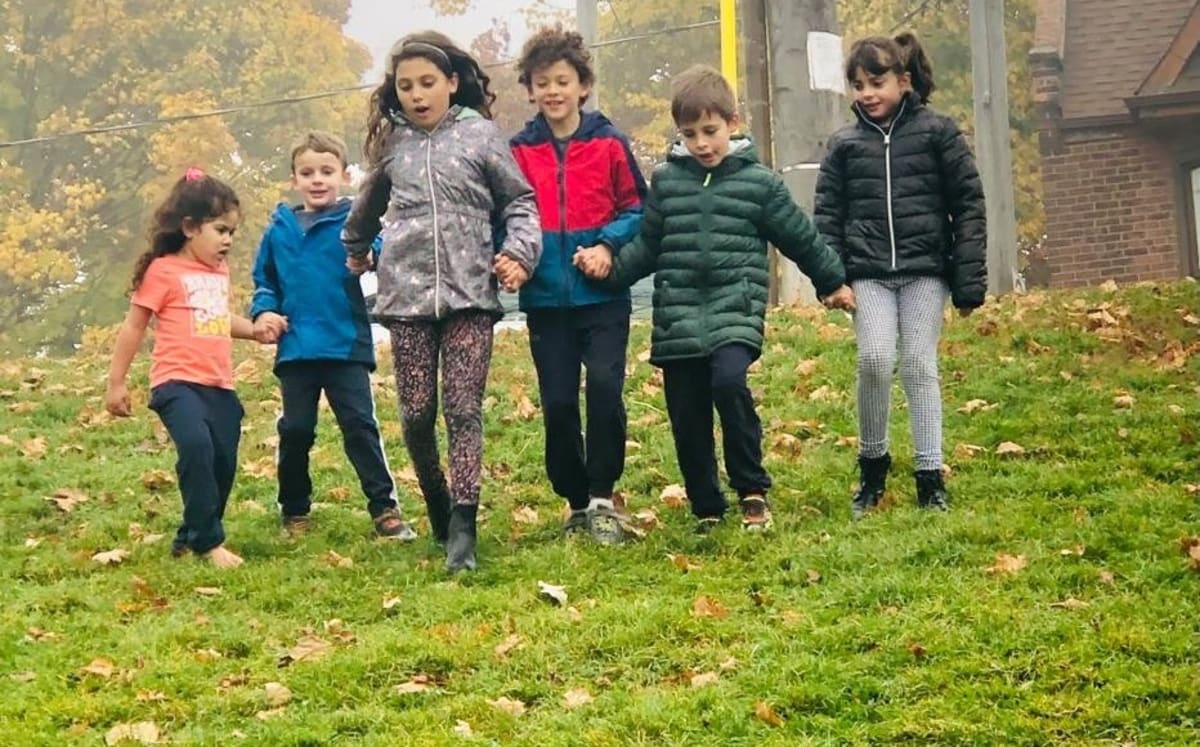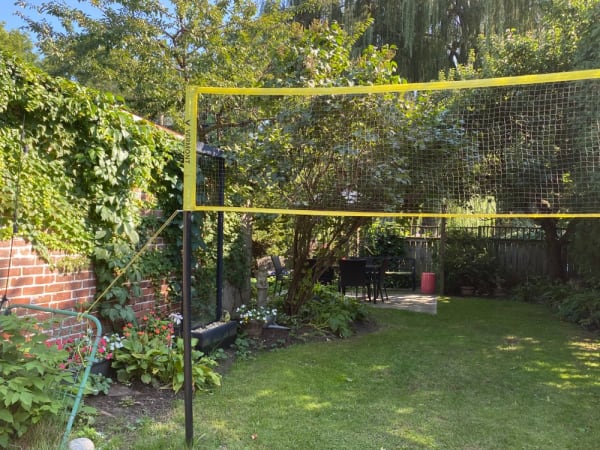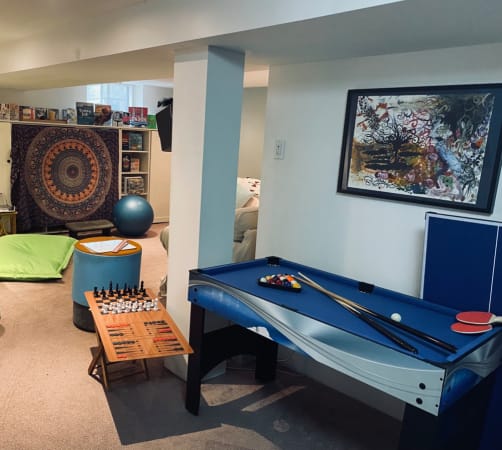
How we see Aurora Alternative Micro School
Aurora Alternative Micro School (AAMS) is a small JK to Grade 12 school with a unique approach to education. AAMS boasts small class sizes and low student-to-teacher ratios, which promotes engagement and interaction, and which provides the opportunity for fun activities like cooking. Even for a small school, it has a remarkably close-knit and intimate community where all kids feel like they belong. AAMS also offers personalized learning, in combination with a traditional curriculum, to capitalize on children’s innate curiosity and love of learning. Finally, the school prioritizes the development of critical thinking, artistic expression, confidence, and leadership skills in all of its students, from kindergartners to older teenagers.
Compare with:
How Aurora Alternative Micro School sees itself
"A holistic educational experience in Toronto's East End catering to the Primary, Junior and Intermediate grades. We offer a direct, expansive and heartfelt learning opportunity. At Aurora, we combine traditional pedagogy with relational, outdoor and child-centred philosophies. Class sizes are small and in this way, we really get to know your child academically and personally. We follow your child's curiosity and innate love of learning, nurturing critical thinking and artistic expression."
"Our school is aimed at families es who are seeking a real and relational alternative to traditional and systemized education. At Aurora, we believe in creating community for our students and families. We have created an organic and alive curriculum weaving together parental and student voice with a host off teaching philosophies. Our motto 'where all is possible' really is the nucleus of the school's intention."
"Families choose Aurora Alternative as they see their children thriving with other students of differing ages and feeling the joy of learning and living. Not only are students exploring traditional reading, writing and mathematical skills, they are given space to cook, create, play, and suggest avenues for their own learning. We also explore the city and visit all that Toronto has to offer."
"Aurora Alternative focus is to create relational, critical thinking, and emotionally articulate individuals. Through drama, play and group building activities student are given opportunities to think about themselves as learners and as vulnerable human beings. Students learn their strengths and also where they are meet challenges, frustration and disappointment within themselves and in relation to other. Aurora Alternative also really focusses on the joy of learning."
"Aurora is a vibrant learning experience where parents can drop off their kids and know that they are happy, nurtured and growing. We believe in creating leaders and we have many Grade 9- Grade 12 students who volunteer and teach activities based on their passions. We encourage Aurora students to share their passions with the belief that students are teachers."


















How people from the school’s community see Aurora Alternative Micro School
Top-down influence on the school’s direction and tone

Danielle Astor, Principal
PGCE Education in UK And member in good standing of Ontario College of Teachers
As a passionate educator of 30 years, I have been inspired by the many countries I have lived in and visited. Having taught in London, England for 15 years as a French/Spanish and Comparative Religions High School teacher, I thrived in the multiculturalism of a city bustling with immigrants and refugees. The students I met, filled my heart with their courage, determination and joy. I was inspired by their desire to improve their life circumstances through the gift of education. In those classrooms, student respect was earned as many of the systems that they had relied on had failed them. Finding ways to engage them was a challenge, but what a delight when their curiosity was tweaked and their trust was gained. It was here that I began to understand the power of learning and the importance of relationship. I learnt that there is no end to the possibility and potential here.
I also had grown up hearing stories and reading articles about Summerhill school, revolutionary in their mission to impassion and engage young minds and hearts. I wanted to bring this energy and philosophy to the urban classroom. I was fortunate enough to teach in Paris for several years, complimenting my understanding of teaching in a diverse and inner city environment , but with a fresh twist. Added to this mix, my travels to Israel and life on Kibbutz opened my eyes to the importance of nature as an inherent teacher and impressed on me the value of community and camaraderie. This was accentuated in New Zealand where I furthered my understanding of ecological literacy and the interconnectedness of life and learning. As a parent of a child in TDSB’s alternative outdoor education Equinox Holistic Alternative school, the years of accompanying school trips to the Evergreen Brickworks and the Pine Project helped me see, first hand, the deep rooted impact of this type of enrichment.
My travels brought me to Toronto which is where I now call Home. I have been working for the TDSB initially as a Grade 5 /6 French Immersion and Core teacher and also a Grade 7 and 8 Core Homeroom teacher.
In addition, I graduated from the Transpersonal Therapy Centre in 2008 and have a small practice where I work with individuals and families. As well, I have facilitated many groups for adults working with personal growth, movement and meditation.
All these experiences, the places and the people, are integrated into the fabric of who I am as a human being and who I am as a teacher.
THE OUR KIDS REPORT: Aurora Alternative Micro School
Next steps to continue your research:
Continue researching Aurora Alternative Micro School with OurKids.net, or visit school website.